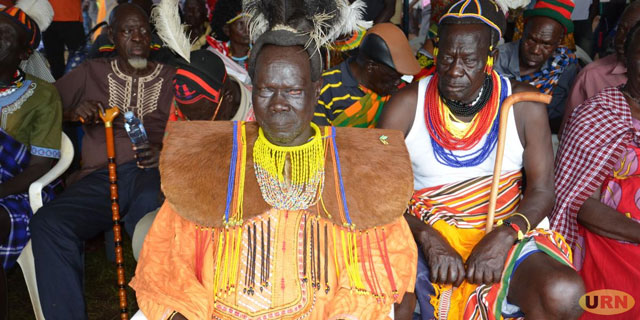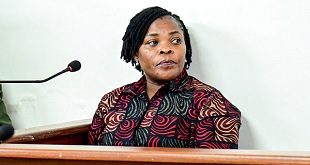
Moroto, Uganda | THE INDEPENDENT | A section of elders in Moroto district have voiced their dissent regarding the appointment of a cultural leader, insisting on the need for extensive consultations. The Karamoja cultural leader, to be known as Papaa Angasuban, was chosen by representatives of the Elders Council, drawn from districts across the region.
Each district dispatched two representatives to the meeting, where 81-year-old Peter Adei from Abim district was appointed as the interim cultural leader. The council also selected a cow as the symbol of the cultural institution, symbolizing unity. Subsequently, the leadership formed a cabinet, with ministers assigned to oversee various aspects of governance and administrative functions.
The initiative, however, has encountered resistance from a group of elders who reject the cultural institution, citing the necessity for more time to conduct thorough consultations on the matter.
Mark Aol Musoka, an elder appointed as the Minister for Peace and Security, notes that while the initiative was commendable, it was rushed and lacked comprehensive consultations. He expressed concerns that the institution’s viability could be compromised due to this hurried decision-making process.
Musoka emphasized the importance of handling the establishment of a traditional governance system with care and learning from existing cultural institutions in neighboring regions. He highlighted that the hasty decision exposed the weakness of the system before it even began.
Joseph Otita, another elder from Rupa Sub County, stressed that forming a cultural institution was a complex undertaking and required more time for consultations to gauge public sentiment on the matter.
Otita pointed out the diversity of cultural practices across Karamoja, making the appointment of a single cultural leader for all Karimojong communities potentially problematic.
He further noted that some communities were embroiled in conflicts, making unity difficult to achieve until security issues were resolved. Otita suggested that the kingdom issue be put aside, as it could exacerbate insecurity if not handled with caution. He questioned how a cultural leader, who may not understand the various clusters and cultural practices, would effectively manage the communities.
Jackson Adome Angela, another elder, argued that the Karimojong people were not accustomed to being ruled under a kingdom, and introducing such a system now could lead to inter-cluster conflicts among the communities.
Angela stressed that the Karimojong sought an elder who could bring all communities together for peaceful coexistence, rather than a ruler under a kingdom system. He urged the elders behind the initiative to reconsider and select someone to act as a representative of the elders rather than a king.
Prior to these developments, the Karamoja Elder’s Council held the highest authority in cultural affairs in the region.
****
URN
 The Independent Uganda: You get the Truth we Pay the Price
The Independent Uganda: You get the Truth we Pay the Price


